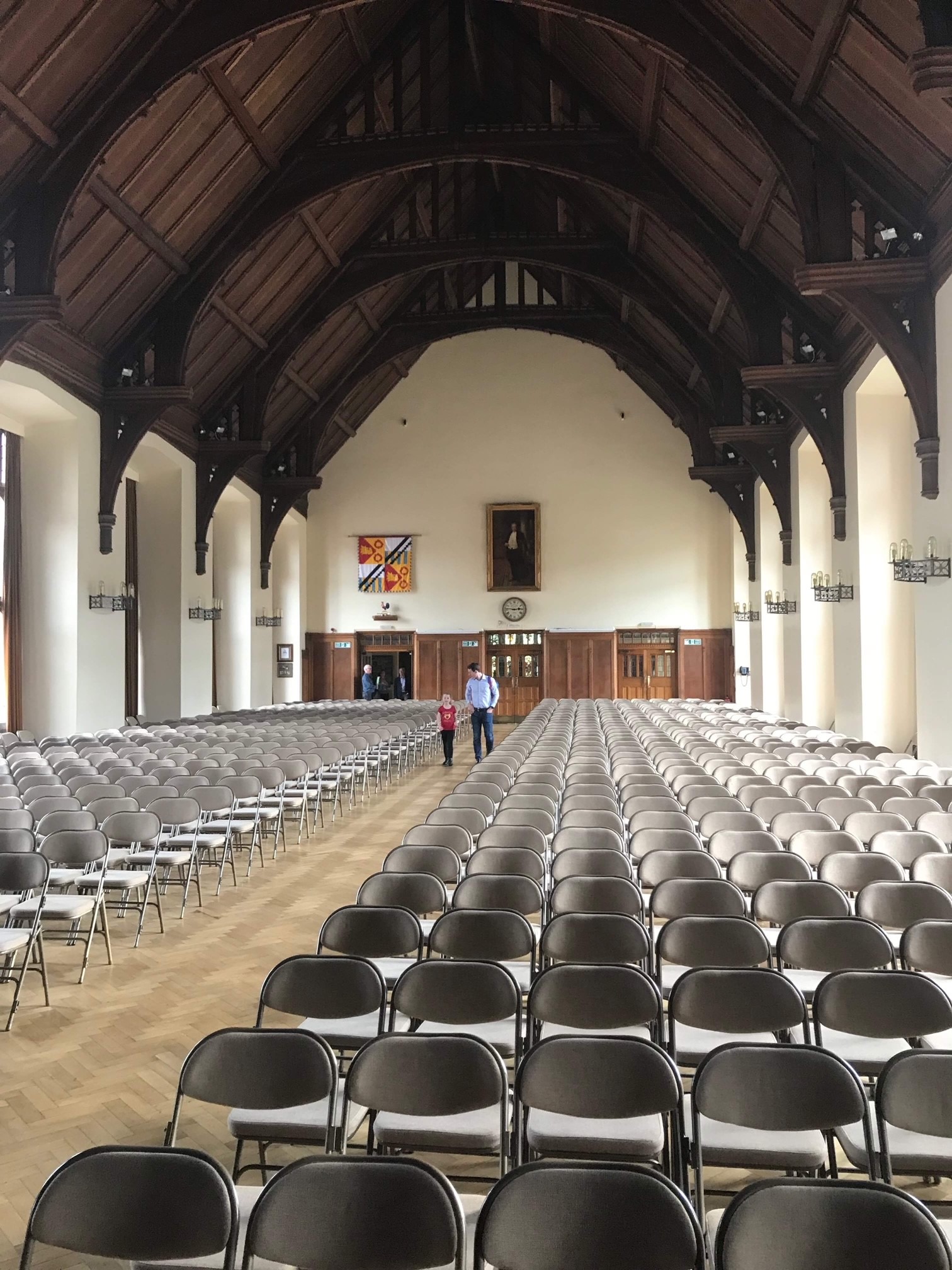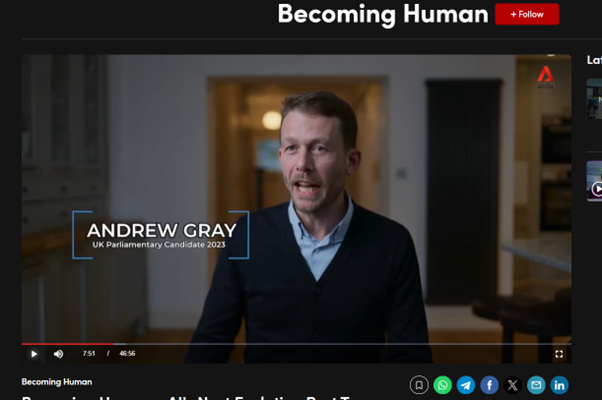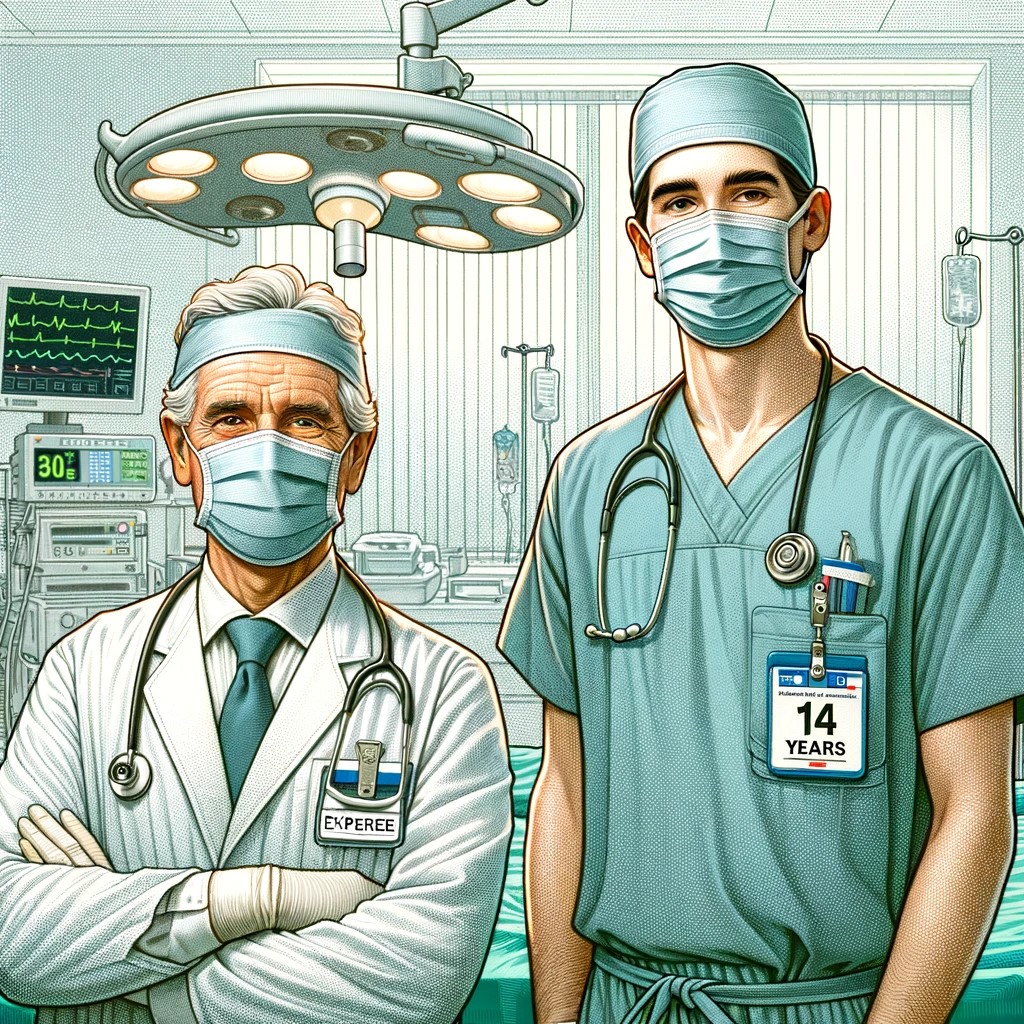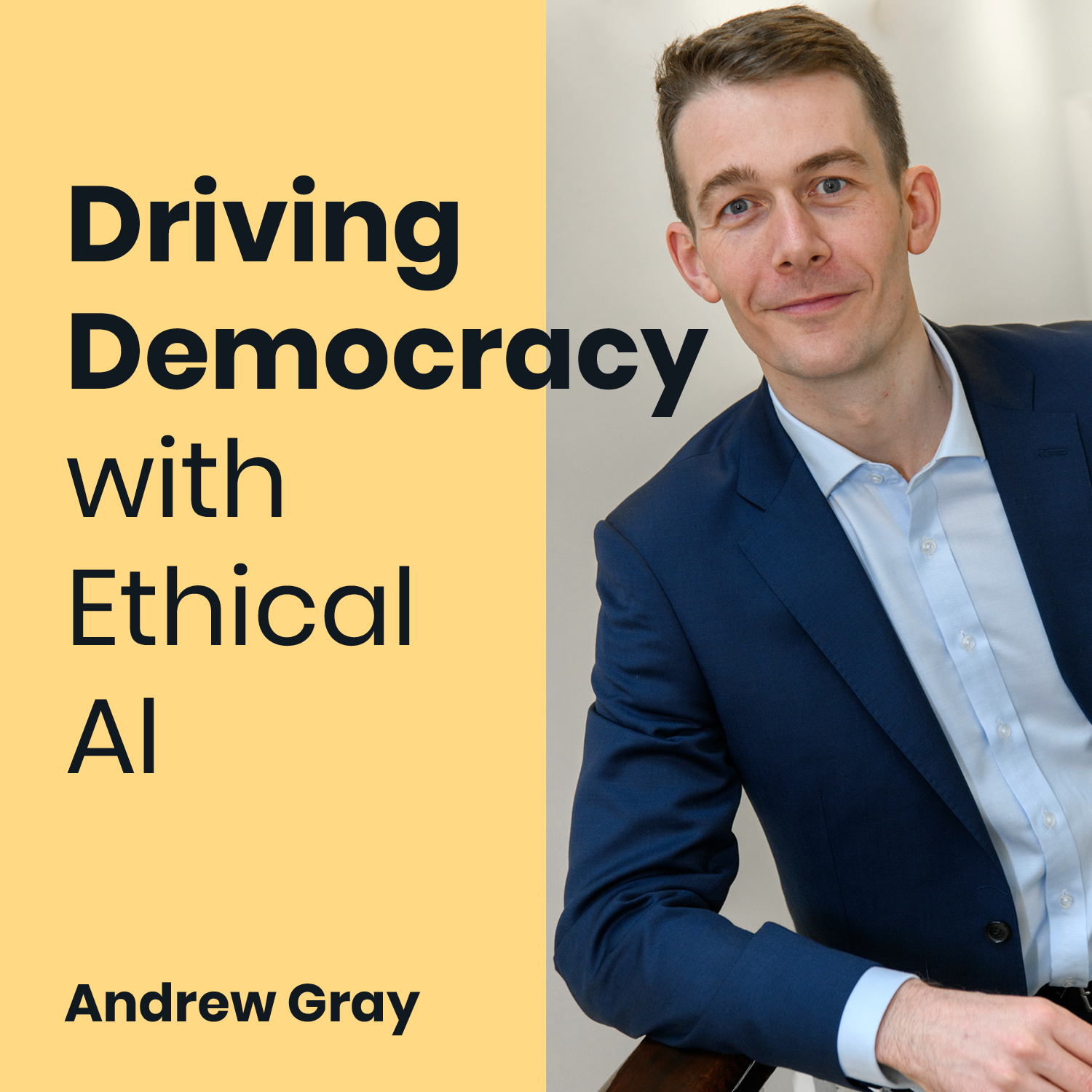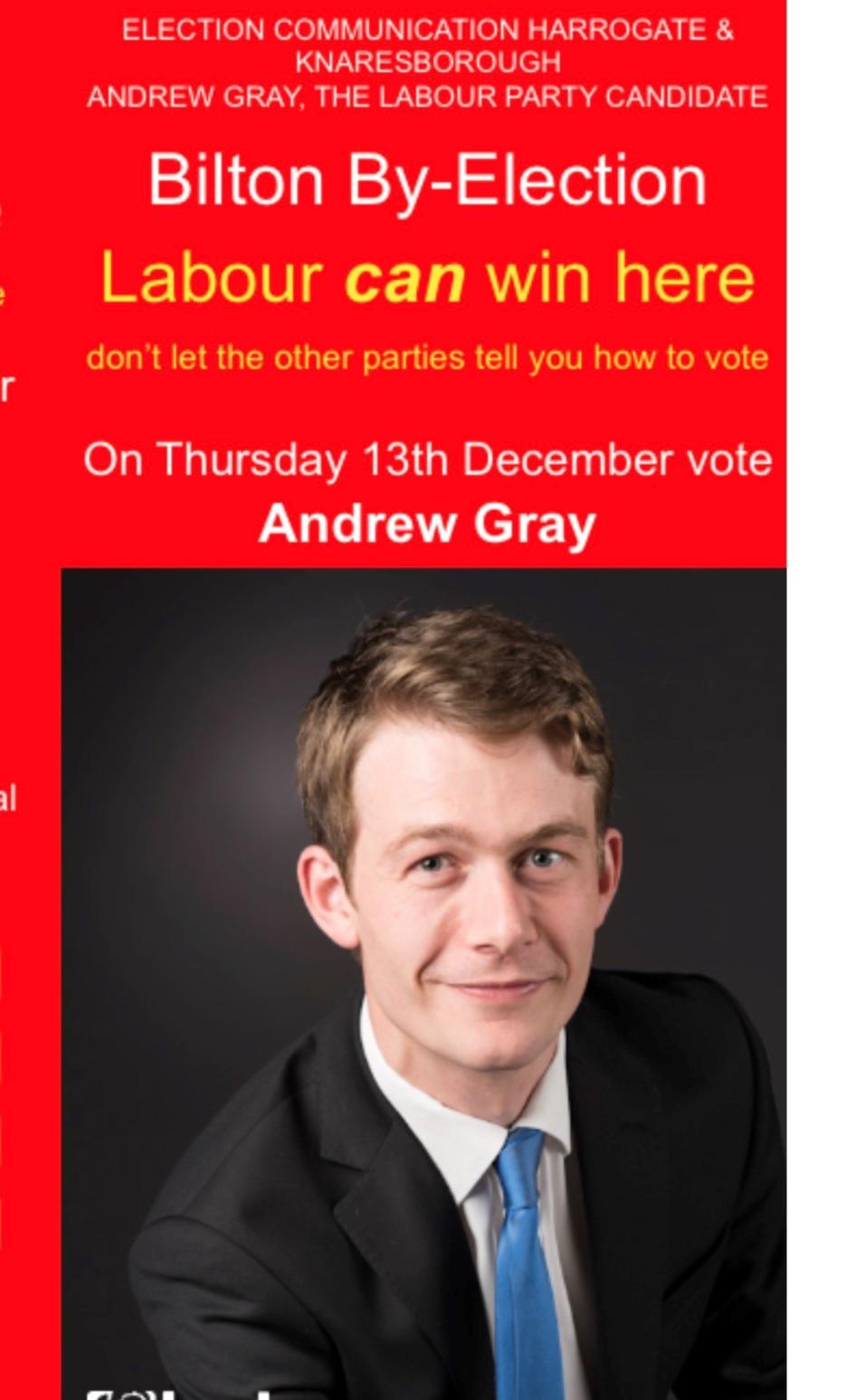This morning, I attended the funeral of a good friend – one of the most avid readers, and evangelist for, this blog, and donors to my failed election bid. I surprised myself by crying my eyes out.
To honour him – knowing that this blog will probably find its way into his inbox – I want to capture what is my mind at this time, other than my profound sadness at his passing.
……………………………………………………
Having advised people for two decades, and having taken a massive punt to setup two law firms, and then sold them, and then to have recently acquired a wonderful school, I’ve been musing on how it is that we humans make the big decisions in our lives. Who should we marry? And, should we divorce? And, where should we live? And, what career should we enter? Which friends should we keep, and which friends should we dump?
The exemplary School of life recently posted their recommendation of a process for how we can think about the big decisions in our lives. They posit that there are five angles from which to consider every major decision. They are:
- What would the courageous Andrew do?
- What would the cautious Andrew do?
- What would my worst enemy want me to do?
- What does my gut tell me to do?
- And, relevant to my good friend’s funeral, what would the deathbed Andrew Gray advise me to do?
By running a major decision through this matrix, the best answer should present itself, they say. Pretty neat, huh.
But it is a sorry state of affairs that, to the best of my recollection, such methodologies were not taught to me at school, university, or at law school, nor have my children had any guidance in decision-making at their respective schools. With GCSE subjects to choose, surely a wise education system would provide a framework upon which to make the decision.
In my view, to supplement the above five questions, we need other frameworks, encompassing multiple and conflicting and competing philosophophical traditions and perhaps even religious traditions, combined with mathematical and scientific reasoning, in order to view a problem or a decision from multiple perspectives. The process of analysis should reveal the likely best course of action, which might be to do nothing, for that is in itself a decision.
Rest in peace, my friend.



